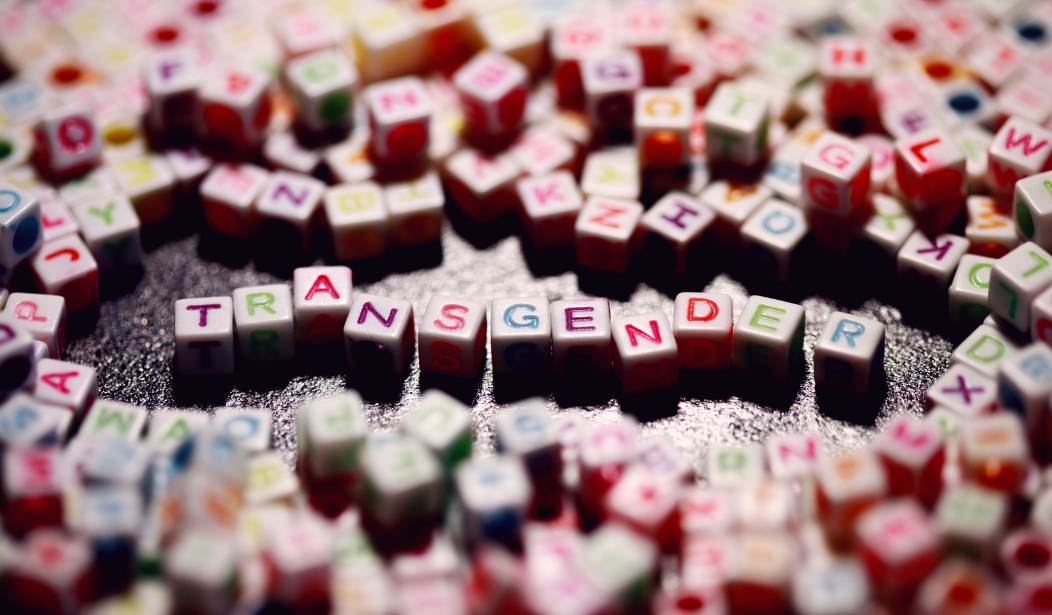West Virginia’s legislature is currently reconsidering a controversial provision in a law it passed last year restricting the use of “gender-affirming care” on children suffering from gender dysphoria. The GOP-dominated legislature seeks to revoke a previously allowed exception to this rule for those experiencing more severe symptoms from their mental health issue.
The provision allows an exception in extreme cases in which both parents consent and at least two medical professionals affirm the diagnosis.
The move is coming up against a looming deadline and further highlights the complexities of helping children who are confused about their gender.
Some Republican lawmakers in West Virginia want to ban transgender youth at risk for self-harm or suicide from accessing medical interventions such as hormone therapy.
The GOP-controlled Legislature banned such interventions last year while allowing the self-harm and suicide exception. Now, a group of lawmakers want to eliminate that narrow definition, which requires parental consent and a diagnosis of severe gender dysphoria from two medical professionals, both of whom must provide written testimony that medical interventions are necessary to prevent or limit possible or actual self-harm.
Coming up against a major legislative deadline next week, lawmakers in the House Health and Human Resources Committee on Friday rushed to advance a bill to the full chamber that would completely ban interventions like hormone therapy and puberty blockers. Gender-affirming surgery, which physicians testified doesn't occur in the state, was banned last year.
It's unclear what the chances of passage are for the bill. The House of Delegates passed a similar measure last year, but it was significantly altered by Republican Senate Majority Leader Tom Takubo, a physician who expressed concern about the high suicide rate for transgender youth.
Proponents of the original legislation argue that prescribing puberty blockers, hormone treatments, and surgery for young people are extreme measures that do not address other root causes such as depression, bipolar disorder, and other conditions. They contend that using these treatments can result in unnecessary and irreversible physical and mental damage to children.
However, those supporting so-called gender-affirming care for minors argue that the procedures are reversible and essential for preventing children from harming themselves.
No testimony was shared by patients who receive the care or the physicians who treat them. Fairness West Virginia, the state's only LGBTQ advocacy organization, said a request submitted for a public hearing was denied Friday by Republican House Speaker Roger Hanshaw's office.
"The argument for this bill is that these are irreversible decisions made by minors, but that's not true," Pushkin said, before the vote. "This type of treatment is reversible — what isn't reversible is suicide."
Progressives pushing these treatments also deceptively argue that the science shows that “gender-affirming care” has proven beneficial for children. However, studies have debunked these claims.
ACPeds pointed out that children with gender dysphoria “have an increased incidence of mental health issues, including depression and suicidal ideation.” The organization also highlighted that “previous adverse experiences may play a major role” in those who are confused about their gender.
There are no long-term studies demonstrating benefits nor studies evaluating risks associated with the medical and surgical interventions provided to these adolescents. There is no long-term evidence that mental health concerns are decreased or alleviated after “gender affirming therapy.” Many individuals who have been treated with “GAT” later regret those interventions and seek to align their gender identity with their sex. Because of the risks of social, medical, and surgical interventions, many European countries are now cautioning against these interventions while encouraging mental health therapy.
It is also worth mentioning that the provision essentially created a loophole that could be easily exploited by those seeking to transition children. Doctors of the "woke" persuasion could easily sign off on a case identifying a patient as an extreme risk in order to allow them to be subject to "gender-affirming care."
The broader context surrounding the legislation is also important to consider. West Virginia has joined a growing list of states implementing laws that restrict such care for minor children. It has become a national trend that involves political, cultural, and social influences. The battle intensified over recent years, especially after it was revealed that school districts and medical facilities across the country have been promoting transgender identity among children and even helping kids “transition” to the opposite sex without the knowledge or consent of their parents.
Now, state governments like West Virginia’s are grappling with coming up with solutions that do not allow medical professionals to subject kids to irreversible procedures. However, blue states are passing laws intended to protect the use of these procedures on children, which has created yet another ideological rift in an already divided nation.













